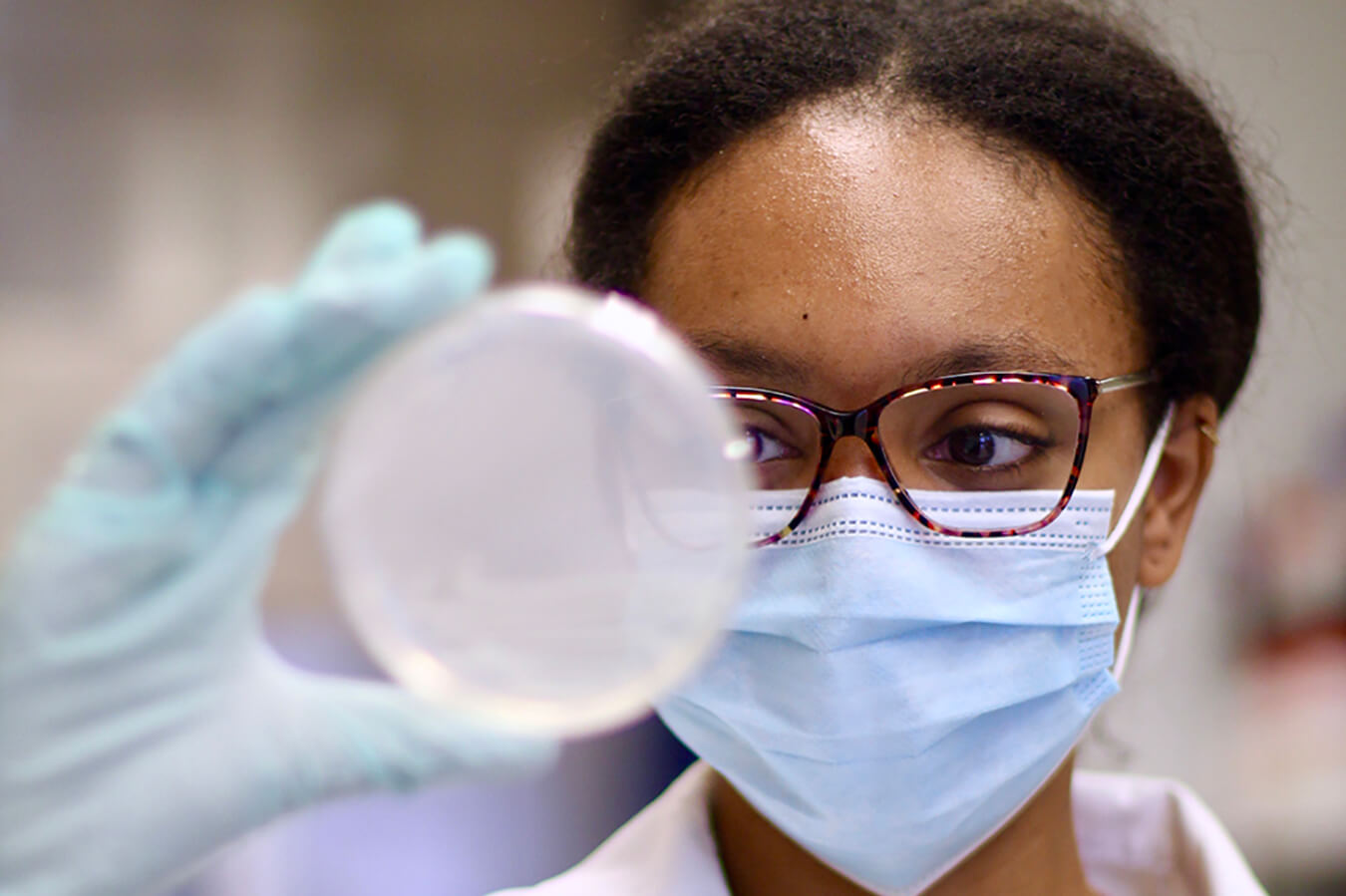
Research Spotlight: Attacking Antiobiotic Resistance
October 23, 2020
Q: Where do you conduct your research?
A: I do research in the Neher Lab under Saskia Neher in the Department of Biochemistry and Biophysics.
Q: What research questions is your lab working to answer?
A: My lab is investigating the mechanisms that Escherichia coli (E. coli) has developed to fight reactive chlorine species. Reactive chlorine species are antimicrobial oxidants generated during the innate immune response. It is important to understand the reactive chlorine species mechanism in oxidative stress because reactive chlorine species are found in many household items that contain bleach. By better understanding the effects that reactive chlorine species has on cellular damage, we can understand how to better defend the body against H. pylori infection.
Q: Can you tell us about your specific research project?
A: My research project is looking at the Rcl gene operon containing RclA, RclB, and RclC because this operon plays an important role in E. coli surviving reactive chlorine species treatment. I will be determining if RclC directly contributes to the reduction of metronidazole, a common treatment for H. pylori infection, or if a combination of the RclA-C proteins is needed. Through this project, we will understand better the substrate specificity of the Rcl operon and how they affect antibiotic resistance for H. pylori.
Q: How has this research experience shaped your future goals?
A: This experience has opened my eyes to the reality of doing research as a profession. I love working in an environment with undergraduate, graduate, and post-doctoral students, and doing research with them all has shown how attainable this is for me in the future. Most of all, this experience has shown me that I would love to incorporate mentoring in my future, as I have found many mentors through my research. I am looking forward to learning more from all of the people in my lab and gaining more research skills.
Q: What has been the most interesting or fun part of your research?
A: The most fun part of my research is being able to see results and be a part of the entire scientific process. I love being able to work with my mentor and come up with solutions together. I love knowing that I am doing work that is aiding in reaching conclusions that could be applied to help others in the future. Working in my lab has made me feel more like a scientist than I have ever felt before!
